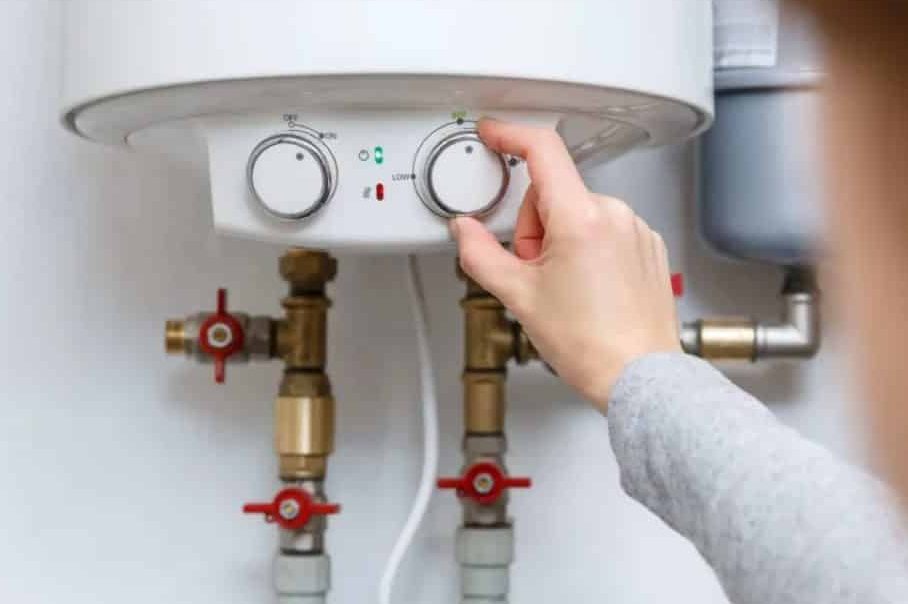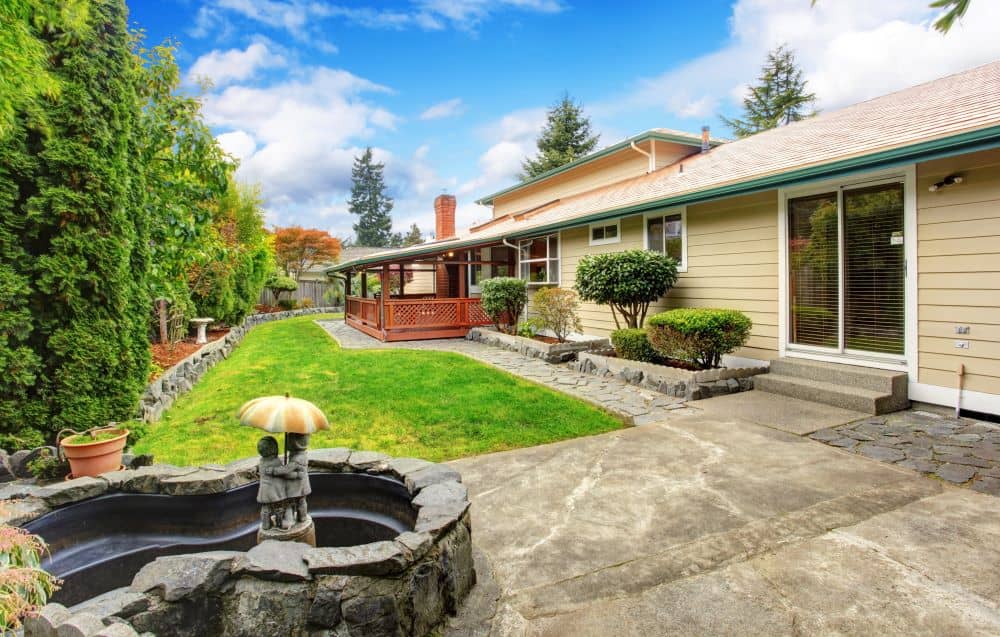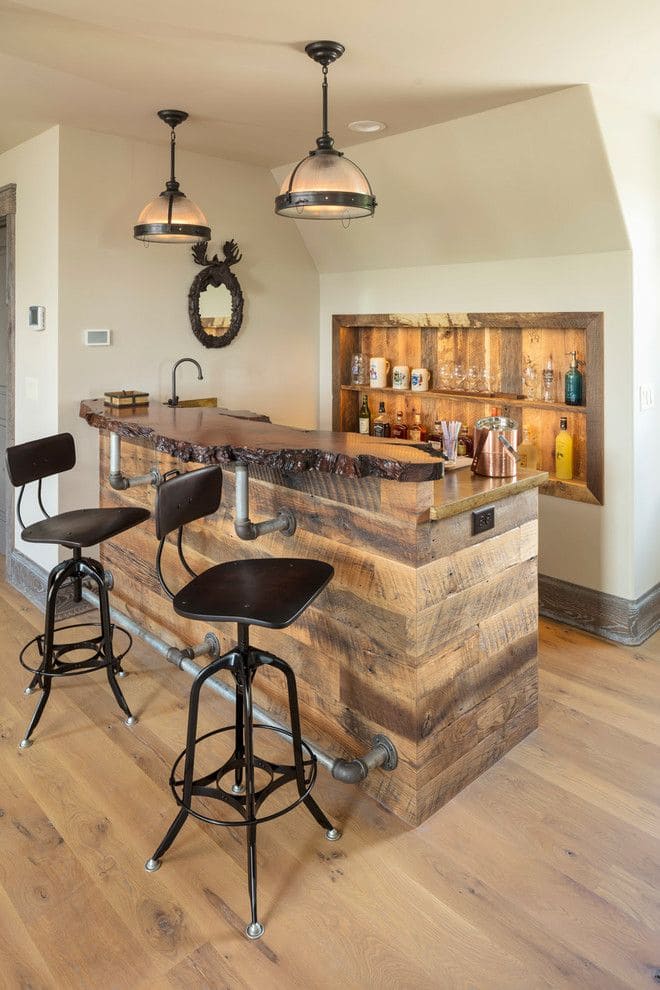The cost of a water heater can vary depending on factors such as the type of heater, size, brand, and installation requirements. In addition to the initial purchase price, homeowners should also consider the cost of installation, which can range from $500 to $1,500 or more depending on the complexity of the installation.
While the upfront costs of a higher-efficiency water heater may be higher than a traditional model, the long-term savings potential can make it a worthwhile investment. Energy-efficient water heaters can save homeowners money on their monthly utility bills over time, making them a cost-effective choice in the long run.
When considering the cost of a water heater, it is also important to factor in maintenance and repair costs. Tankless models may have lower maintenance costs compared to traditional storage tank water heaters, as they typically have fewer parts that can break or wear out. However, if a tankless water heater does require repairs, the cost can be higher due to the specialized parts and labor involved.
Signs Indicating Water Heater Replacement
Signs that it might be time to replace your water heater are pretty obvious. If you see leaks, have less hot water than before, hear strange noises when running, or if it is older than 10-15 years, it is probably time for a new one.
Leaks are a big red flag that the tank is corroding on the inside and could stop working soon. If your water heater isn’t keeping up with your hot water needs as it used to, there could be a buildup of sediment or issues with the heating element which means it is time for a replacement. Strange noises like rumbling or banging could mean there’s sediment at the bottom of the tank, making it less efficient.
Water heaters usually last around 10-15 years, so if yours is older than that, it is likely to start breaking down more often and need expensive repairs. Other signs, like water temperature changes or lower water pressure, could also mean it is time for a new water heater.
The cost of replacing a water heater can vary depending on its size, type, and any extra installation needs like venting changes or electrical upgrades, which can add to the overall cost.
Factors Affecting Water Heater Costs
Factors like the reputation of the brand, energy efficiency ratings, and how tricky the installation process is can impact how much you’ll pay for a water heater. The price tag on water heaters can change depending on a few important things:
- Energy Efficiency: Some models might cost more upfront but save you money in the long run because they use less energy.
- Installation Costs: If there is a complexity in installing a certain type of water heater, you might end up paying more for labor.
- Location and Fuel Source: Where you live can affect what kind of fuel your water heater uses, which can impact how efficiently it heats water and how much it costs to run.
It is important to think about these factors when you’re thinking about buying a water heater. You’ll want to consider how much you’ll pay upfront versus how much you’ll save over time to make sure you’re making a smart choice for your budget and energy goals.
Professional vs. DIY Water Heater Installation
When it comes to choosing between hiring a professional plumber or doing it yourself for water heater installation, there are distinct advantages and disadvantages for each option. Hiring a professional ensures that the installation is done correctly and in compliance with local codes, ensuring a safe and efficient setup. While it may cost more initially due to labor rates and potential additional fees, it can help prevent costly repairs in the future.
On the other hand, DIY installation can save money upfront since you won’t have to pay for labor. However, without the expertise of a licensed plumber, there is a higher risk of making mistakes during the installation process, which could lead to higher repair costs later on. Professional installations often come with warranties that provide peace of mind and may offer energy-efficient solutions that can lead to long-term savings compared to doing it yourself.
Average Water Heater Installation Costs
When looking at the average costs of setting up a water heater, you’ll notice that the prices can vary depending on different factors like the type of unit, labor rates, and additional materials needed. The water heater installation costs can differ a lot based on specific aspects of each project. Things like the size of the water heater, whether it is an electric water heater or traditional, and if it is a storage-tank water heater all play a role in determining the costs.
- Unexpected issues that pop up during installation might mean you have to pay extra, causing stress and financial strain.
- If the installation costs are high, some people might put off replacing their old or broken water heaters, which can be a hassle.
- Finding professionals who are affordable and trustworthy for water heater replacement projects can bring a sense of relief and peace to homeowners.
Knowing these details about average water heater installation costs can help you make informed choices when you’re planning to install a new water heating system or replace an old one.
Additional Factors Impacting Installation Costs
Factors that can affect the cost of installing a water heater include how easy it is to get to the location and if any changes are needed to fit the new system. This could mean needing extra plumbing, electrical work, or even making structural adjustments, all of which can bump up the overall cost. Installing tankless water heaters or finding creative solutions for tight spaces can also take more time and effort for plumbers.
Other things to consider are the type and quality of materials needed, the cost of permits, labor expenses, the number of hours needed for installation, and any extra charges for particularly complex or demanding work. All these factors add up to determine how much homeowners will need to shell out for a new water heating system. It is important to think about these things carefully before moving forward with the installation process.
Energy-Efficient Water Heater Costs
Energy-efficient water heaters might come with a higher price tag initially due to their fancy technology and enhanced energy-saving features. Even though the upfront cost may be a bit steep, the long-term advantages of these efficient water heaters can outweigh the initial investment.
Investing in energy-efficient water heaters can evoke feelings of peace of mind, knowing that you are doing your part to reduce your carbon footprint and promote a healthier environment. It can also provide a sense of financial security as you look forward to saving money on utility bills, giving you more financial flexibility for other expenses. Additionally, it can instill a sense of responsibility in you towards energy conservation, making you eligible for potential tax credits through programs like Energy Star.
When you consider the overall cost of owning and operating a water heater, including energy consumption and utility bills, choosing an efficient model can lead to significant savings in the long run while also aligning with your sustainability goals.
Tips for Selecting the Right Water Heater
When picking out the right water heater for your home, it is important to think about a few key things. Consider how much hot water you use, the weather where you live, and the space you have for installation.
Tankless water heaters are becoming more popular because they’re energy-efficient and don’t take up much space. These units heat water as you need it, which means they don’t waste energy keeping water hot like traditional tank heaters do. Gas water heaters are another good option, as they heat water efficiently through gas combustion. Make sure to check what type of fuel is available in your area to make sure it matches your chosen heater.
Knowing how your household uses hot water is crucial for finding a heater that fits your needs without using too much energy. It is also helpful to think about how long different types of heaters last, so you can pick one that won’t cost you a lot in maintenance over time. Talking to plumbing experts or visiting stores that sell heaters can give you some helpful advice on which options might work best for you.
Ultimately, choosing a water heater that stores hot water efficiently while keeping your energy bills down requires looking at all these factors together.





